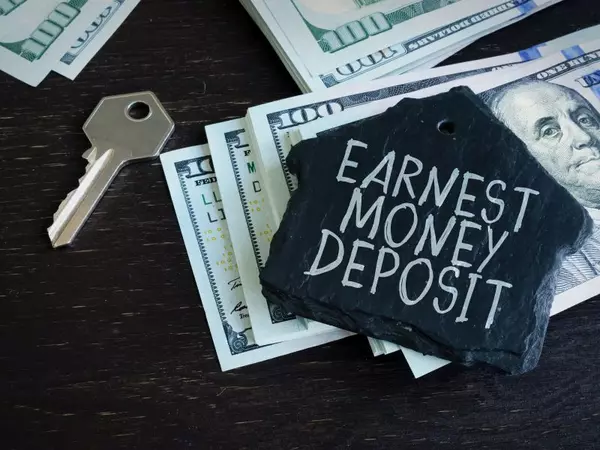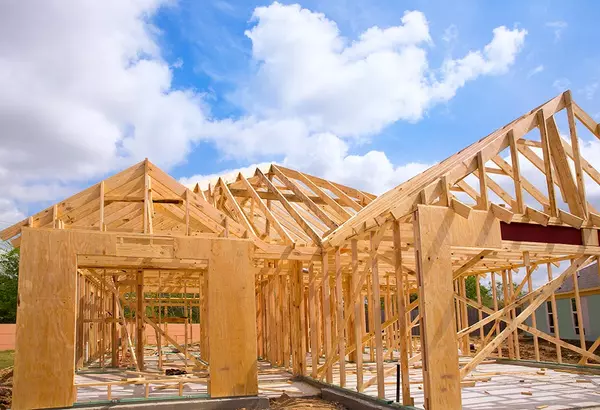Should You Rent Out or Sell Your House?

Deciding what to do with your house when you're ready to move is a significant choice. Should you sell it and leverage the proceeds for your next adventure, or should you keep it as a rental property to build long-term wealth?
Many homeowners find themselves grappling with this decision, and it's not always an easy one. Whether you're considering the potential income from renting or have concerns about the challenges of being a landlord, there are several factors to weigh.
Here are some key considerations to help guide your decision-making process.
Is Your House a Suitable Rental Property?
Even if you’re open to becoming a landlord, your house might not be the best candidate for renting out. Perhaps you're relocating far away, making maintenance and oversight cumbersome, or maybe the neighborhood isn't ideal for rentals. Additionally, if your house needs extensive repairs before being rentable, selling might be the more practical route.
If these concerns resonate with you, then selling your home might be the preferable option.
Are You Prepared for the Challenges of Landlording?
Managing a rental property involves more than just collecting rent payments. It can be a demanding and occasionally difficult responsibility.
For example, you might receive late-night calls from tenants about urgent repairs. There’s always a chance a tenant could cause damage that requires fixing before the next lease term begins. You may also have to deal with tenants who fall behind on rent or break their lease prematurely. As highlighted by experts:
“It’s easy to find stories of landlords encountering more headaches than profits. Before deciding to rent, consider consulting with other landlords and conducting a thorough cost-benefit analysis. You might discover that selling your home is both a wiser financial decision and less stressful.”
Have You Considered the Costs Involved?
If you’re primarily considering renting out your home to generate additional income, remember there are extra expenses to factor into your budget. Here's a breakdown of potential costs you should anticipate:
-
Mortgage and Property Taxes: You’ll continue to be responsible for these expenses, even if rental income doesn’t cover them entirely.
-
Insurance: Landlord insurance tends to be about 25% more expensive than standard homeowner's insurance, providing coverage for damages and liability.
-
Maintenance and Repairs: Anticipate spending at least 1% of the home's value annually, possibly more for older properties.
-
Tenant Acquisition: This includes advertising costs and possibly fees for conducting tenant background checks.
-
Vacancy Periods: If your property is vacant between tenants, it results in a loss of rental income.
-
Management and HOA Fees: Hiring a property manager can alleviate some responsibilities, but they typically charge around 10% of the rent. Additionally, Homeowners Association (HOA) fees may apply.
Conclusion
Ultimately, the decision to rent out or sell your home is a personal one that hinges on your individual circumstances and financial goals. By carefully evaluating your options, you can make an informed decision that aligns with your future plans.
Take the time to weigh the pros and cons, and don't hesitate to consult with professionals who can offer guidance and support. Making the right choice now will set you on the path toward a secure and prosperous future.
Categories
Recent Posts










